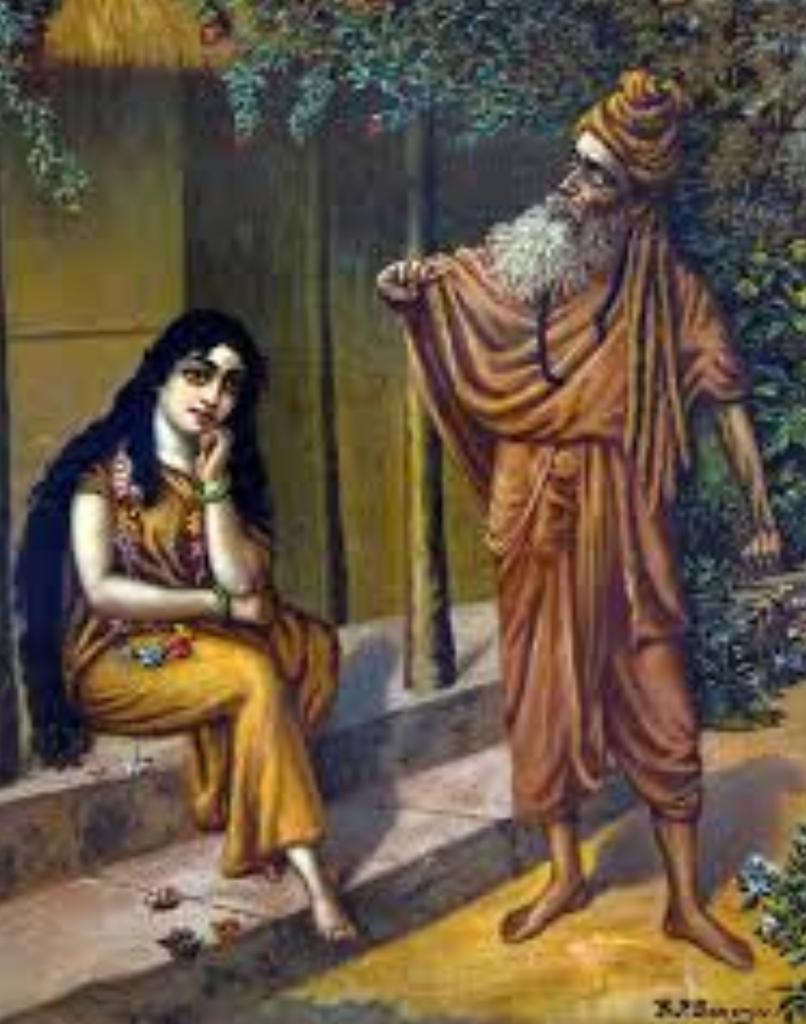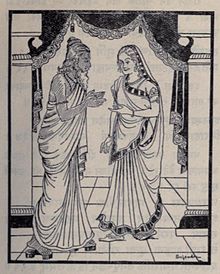So in the Dept of Computer Science at Oxford Uni, we run a distinguished lecture series called the Strachey Lectures, after Christopher Strachey, the first director of Oxford's computer
lab:
https://t.co/kjYbG2IifM [2/32]
(Strachey was a fascinating character - he got interested in computing after writing to Turing. He died young, and for this reason his story is not so well-known outside Oxford. But this thread is not about him - another time maybe...) [3/32]
Given the boom in AI/ML, it isn't surprising that we've had many leaders in AI/ML give Strachey Lectures, and since they have been recorded, I thought I'd share them... [4/32]
First up:
@demishassabis. By coincidence, Demis's lecture was in Feb 2016, just a couple of weeks before the now-famous AlphaGo competition in Seoul with Lee Sedol. [5/32]
First up:
@demishassabis. By coincidence, Demis's lecture was in Feb 2016, just a couple of weeks before the now-famous AlphaGo competition in Seoul with Lee Sedol. [5/32]
I met Demis at the train station, where he was accompanied by a camera crew. We walked through Oxford making small talk, being filmed from the other side of the road. The locals pretended not to notice... I
pretended it happened all the time. [6/32]
The lecture was a sell-out - and it was brilliant. I think it gave Demis a hint of the rock-star status that was awaiting him... [7/32]
Parts of the lecture made it into the feature film AlphaGo: The Movie, which you can watch here:
https://t.co/D7cquh8QFK (My balding pate is clearly visible about 5 mins in, which my kids think is HILARIOUS.) [8/32]
You can watch Demis's Strachey lecture here:
https://t.co/8rfDGLdrqg [9/32]
Next up: Leslie Kaelbling from
@MIT_CSAIL. Leslie has been a personal hero for 30 years: the work she did for her PhD was a HUGE influence on me. She has an incredible understanding of the challenges of
reinforcement learning and robotic AI. [10/32]
In the lecture, her kitchen makes a cameo appearance, to illustrate the difficulies in making robotic AI work in (ahem) "messy" environments :-) Here is the lecture:
https://t.co/JsBBvherph [11/32]
Next:
@rodneyabrooks, also from
@MIT_CSAIL. In the 1980s, Rod put a firework on the seat of the mainstream AI community. His work led to a HUGE resurgence of interest in robotic AI, and made us all think deeply about the foundations of the field. [12/32]
Rod is a voice of reason and experience that stands out from the AI Kool Aid drinkers. Here is his lecture, in which he talks about the prospects for super-intelligence:
https://t.co/oba3pFK3R8 [13/32]
Next Sarit Kraus, from
@ubarilan. I have known Sarit for 30 years: she is the world's leader on automated negotiation and human-agent interaction. [14/32]
I've had the pleasure of working with Sarit for the past 15 years, and it's a wonderful intellectual experience. It always reminds me just how much fun research can be. [15/32]
(I just heard that Sarit was elected to the Israeli academy - congratulations Sarit!) Here is her lecture:
https://t.co/iIZTsPPrFm [16/32]
Zoubin Gharamani from
@Cambridge_Uni is one of the UK's leaders in ML. He spent a few years working with
@Uber after he sold his startup to them. [17/32]
His lecture serves as a great standalone intro to ML - I learned a huge amount from it. Here is his lecture from 2017:
https://t.co/zwf8t9Vgoc [18/32]
Not strictly about AI, but it was fascinating to hear from
@DameWendyDBE about her experiences in the computing profession over a long & very distinguished career. [19/32]
The current investments in AI across the UK are in no small part the result of her work. Here is her lecture:
https://t.co/mRIk0YXu0d [20/32]
One of my favourite twitter commentators on AI is
@rao2z; as well as being a distinguished researcher, he always has something insightful to say about the AI twitter fire of the day, and he usually makes me
laugh. [21/32]
Here is his lecture (via Zoom in the pandemic), in which he talks about the challenges around interacting with AI:
https://t.co/dCYY2X9aR8 [22/32]
Finally, the one that in all honesty meant the most to me: Andrew Hodges [23/32]
In the early 1980s, Andrew wrote the seminal Turing biography "Alan Turing: The Enigma":
https://t.co/KGPZIFEIx7 [24/32]
It is an extraordinary piece of work - one of the greatest scientific biographies ever. But more than that *it is the book that gave the world the Turing story*. The extent of his incredible life - and tragic end - were basically unknown until this book. [25/32]
I read the book in the mid 1980s, and was fascinated not just by the story, but by the glimpse it gave me of theoretical computer science and AI. [26/32]
Andrew was tutor in theoretical physics at
@wadhamoxford until recently. (He was supervised by Roger Penrose, which is an interesting AI connection...) He is both brilliant and quite extraordinarily
modest. [27/32]
The Turing story is now so well-known we forget that much of it was essentially covered up for decades. Andrew changed that: *he gave us Turing*. (I don't think he has the remotest idea what a big deal this is!) [28/32]
Andrew's lecture was about Turing's life and work - but most of all, about Alan Turing the person. We all knew how it would end, but you could have heard a pin drop at the end of the lecture. [29/32]
Here is Andrew Hodges' lecture on Turing:
https://t.co/b5IeVN6kbu [30/32]
Before I end, I should acknowledge Oxford Asset Management, who have funded the lectures for 5 years. We wouldn't have been able to do this without them!
https://t.co/3TblvxYcjG [31/32]
That's it (for now). Our Strachey lectures are open to the public, and afterwards we put them online in a podcast as above. Follow
@CompSciOxford to hear about them! (Apologies for occasionally garbled thread...) [32/32]



















